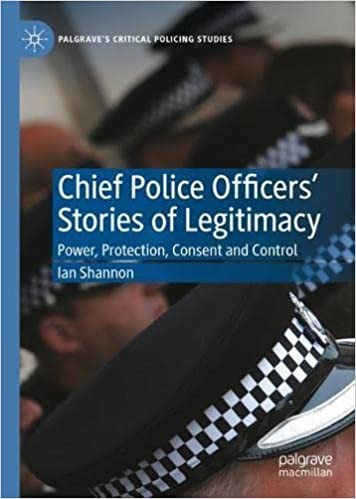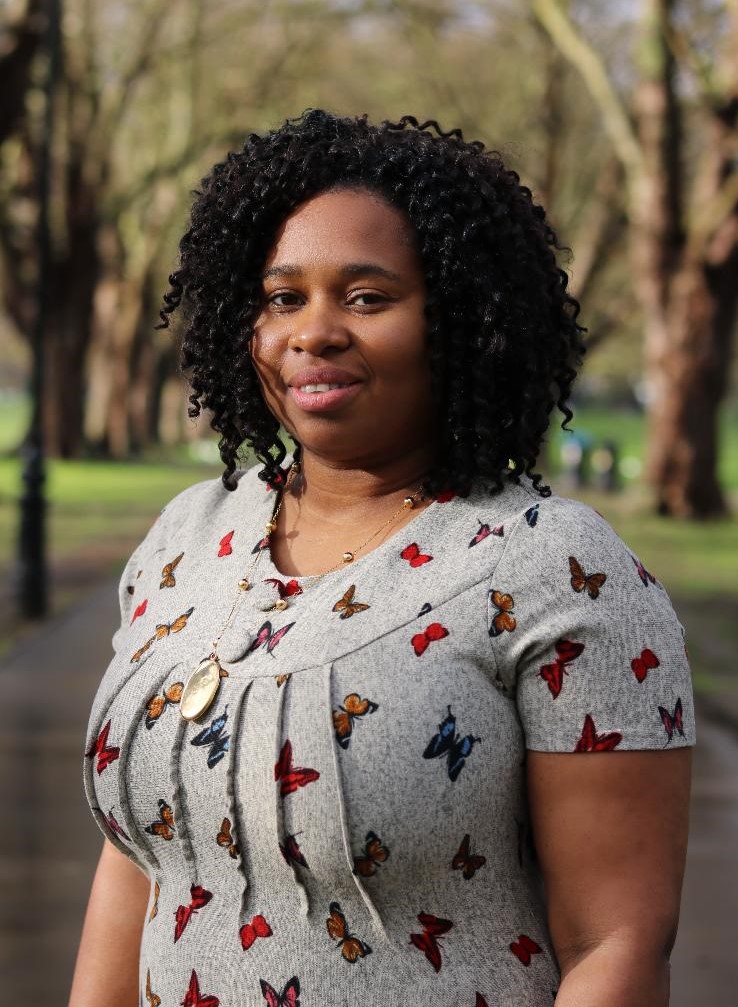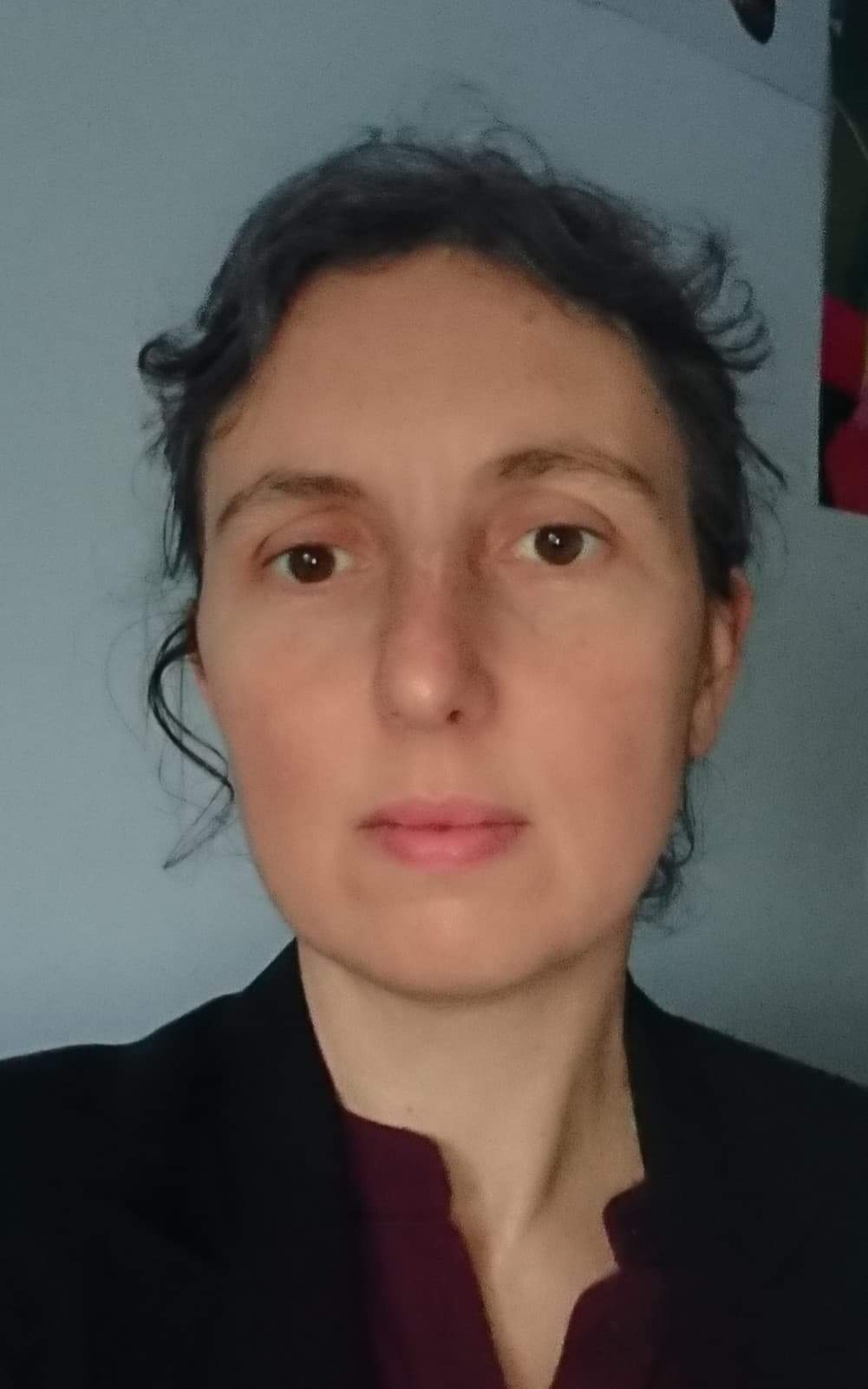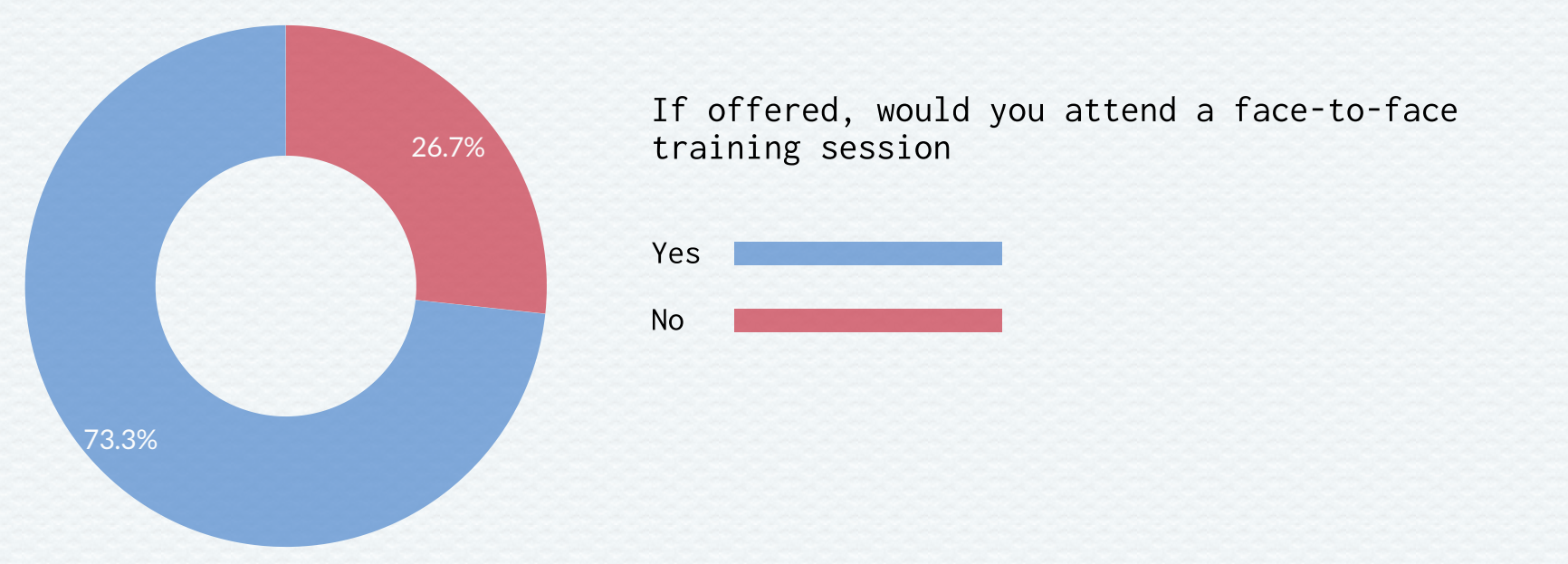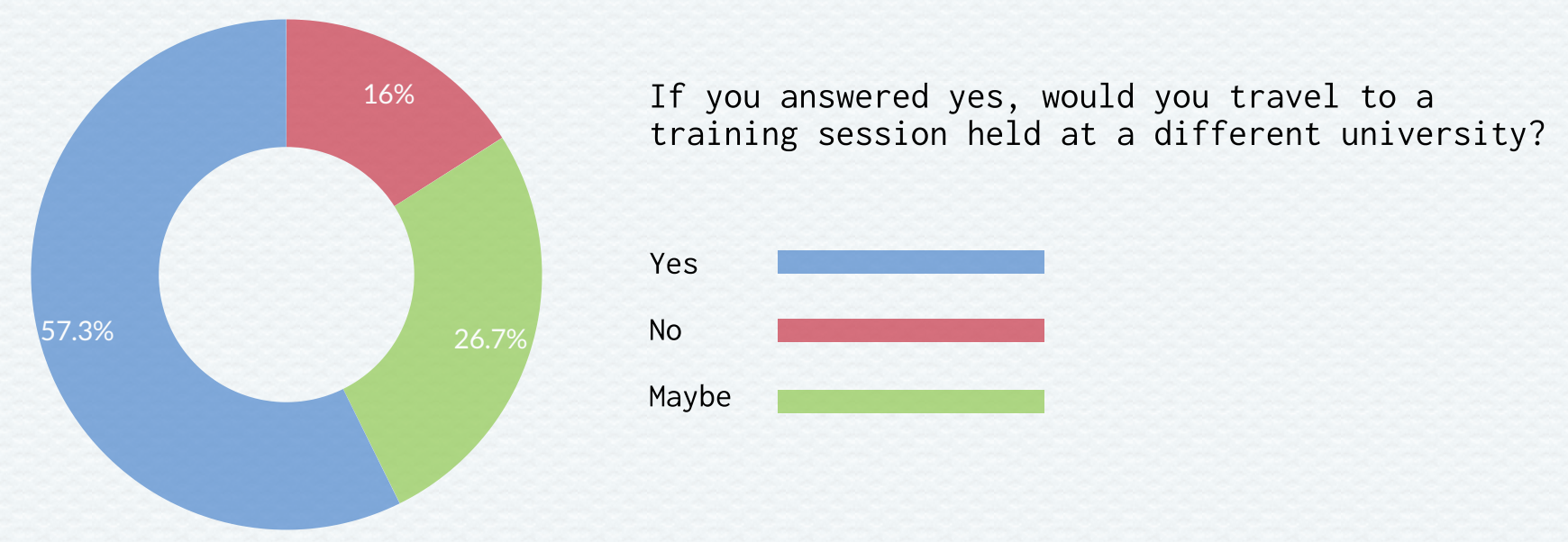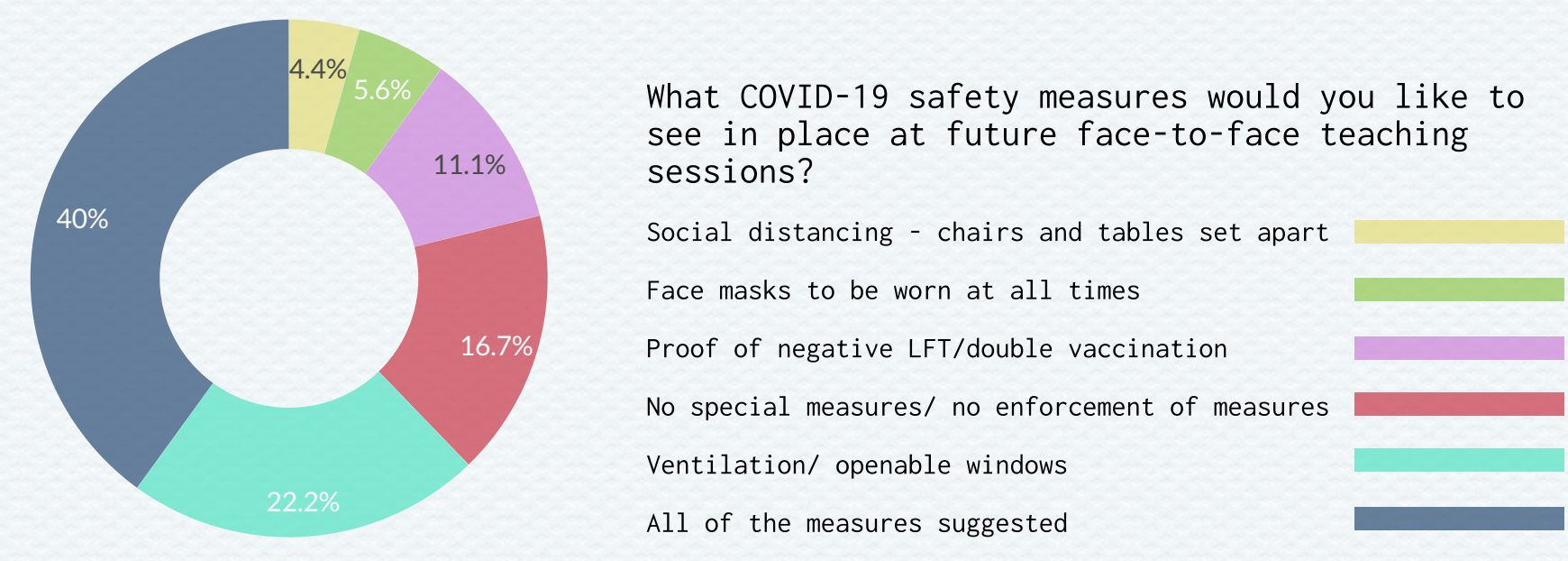Together with my mentor Dr Roxana Barbulescu, my colleague Dr Noreen Mirza, and Mihai Bica from Roma Support Group, I published a policy brief based on the data from the interviews conducted during my fellowship. We also organised a webinar to launch the policy brief to which we invited non-academic stakeholders. The policy brief was published shortly after the closure of the EU Settlement Scheme (which closed to applications at the end of June 2021) and focused on the ongoing issues that are likely to arise in connection with the scheme in the coming years. I am currently finishing a draft of a co-authored article based on these interviews which will be submitted to an academic journal with a focus on migration in January 2022.
In terms of my other objectives, I submitted a book proposal to an academic publisher and after waiting several months I received positive reviews in April 2021. I am currently working on my manuscript which I will send to the publisher for review in 2022. My single-authored article Praying through the pandemic: religion, uncertainty, and care was accepted by the Romani Studies journal and will be published shortly. As well as the policy brief published with Policy Leeds mentioned above, I published another policy brief, based on the material from my PhD research, with the equality Act Review commision who disseminated it to relevant stakeholders.
My plans to hold a stakeholder workshop in Leeds in spring 2021 were disrupted by the pandemic, however, as I mentioned above, I organised a webinar that coincided with the publication of our policy brief in July 2021. The workshop was attended by local, regional, and national stakeholders and generated a lot of discussion on social media. My plan to host an academic workshop was also disrupted by the pandemic and because many events that had initially been planned for 2020 ended up being rescheduled and hosted in 2021, I had to put my plans to host the workshop on hold.
The fellowship gave me an opportunity and time to develop new funding applications for future research. I submitted two grant applications in spring 2021, but unfortunately neither of them was successful. I reached the interview stage for one of the applications (MSCA Fellowship) and am currently on a list of reserve candidates. Even though my funding applications were unsuccessful, I managed to secure further employment at the University of Leeds and I am currently working as a Research Fellow on the ESRC-funded project Labour Mobility in transition: a multi-actor study of the re-regulation of migrant work in ‘low-skilled’ sectors.
Despite the disruption caused by the pandemic, there were still opportunities for professional development. During my fellowship, I took part in a variety of workshops and other opportunities for training and professional development. Specifically, I participated in two sessions held by the Knowledge Exchange unit at the Parliament which provided training for ECR for engaging with policy makers and on how to write for policy makers. I also participated in a workshop that focused on using visual methodology for social research.




